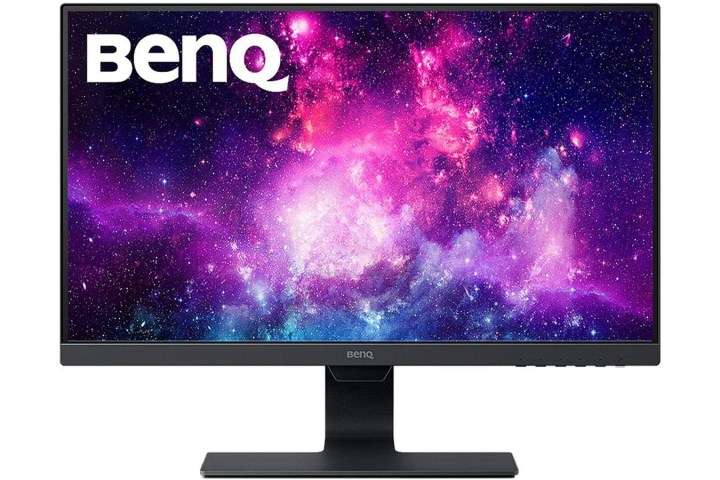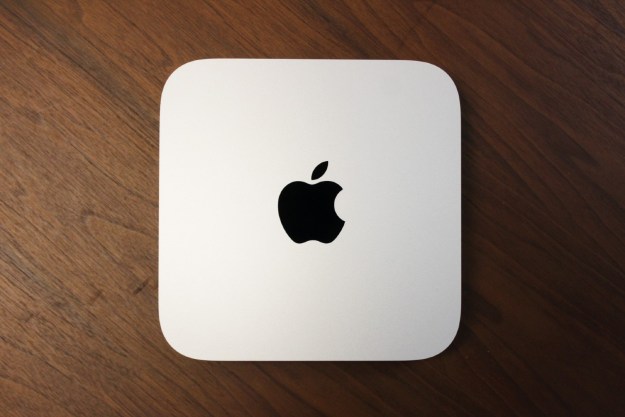When picking a new monitor, it’s common to look for certain specs like a higher refresh rate, better resolution, updated port options, and similar features. But it’s also a good idea to take a look at the panel type. Today’s LCD (liquid-crystal display) monitors can use several different panel types, and one of the most common is called IPS.
Let’s take a look at IPS, how these panels work, and why you may want to choose an IPS panel over other options.

What does IPS mean?
IPS stands for in-plane switching. This refers to an LCD panel technology that shifts how the liquid crystals align to produce color.
How does an IPS panel work?
LCD panels have several different layers, each with its own important role in creating color, plus backlighting to light up the panel so the colors can be seen, typically using LED lights.
The most important layer in the panel is the thin liquid film that holds the crystals that can change orientation if light passes through from the LED lights behind (or turning off), creating the light and dark areas you see on your monitor screen. Add in a couple of color filter layers over the crystals so light turns different colors, and you’ve got your image. An electric current is constantly feeding into this liquid film to change colors as you use your computer.
This brings us to IPS technology. In an IPS panel, crystals are always aligned the same way, and an electric pulse can shift them 90 degrees, essentially “switching” them between active and resting states. This is in contrast to other panel types, such as TN panels that use different helix-shaped crystals that don’t move in the same way. The IPS version is more efficient and makes better use of its polarizers to control what light is allowed through.
What are the benefits of an IPS panel?
There are several notable benefits for IPS panels that make them one of the best panel technologies around:
Color accuracy: The IPS design allows for better color accuracy — that means that they can reproduce accurate 8-bit color, something other monitors can struggle with. That’s why IPS monitors are great for photo editing.
Wider color gamut potential: A color gamut is a full range of colors. You often see monitors listed with the percentage of a specific color gamut, like the Adobe RGB gamut, that they can cover. IPS panels cover a wider range than typical alternatives, which also helps with color accuracy.
Excellent viewing angles: IPS panels are also known for their wide viewing angles, generally about 178 degrees. That makes them more visible and color accurate when viewed from the side or above, an excellent quality in a monitor being used by more than one person.
Effective contrast ratio: The “contrast ratio” spec you see in monitor marketing doesn’t mean much at all, but some panels really do have a more notable contrast than others. IPS panels have very good contrast ratios compared to the alternatives. It’s not the same as an OLED, but certainly better than you’d find on most fast-paced TN-panel gaming monitors.
Are there any downsides to an IPS panel?
There are a couple of issues certain kinds of users may run into with an IPS monitor:
- They tend to be expensive. Compared to other, older panel technologies, IPS monitors tend to be more expensive, so you’ll have to pay for the benefits of this technology.
- More affordable IPS monitors won’t feature the same high refresh rates as comparably priced TN panels. You can get high refresh rate IPS monitors, but they are much more expensive in turn.
- Some IPS panels have a slight glow effect at the edges, caused by their backlighting. This may be more likely on older or lower-end IPS monitors.
Who should consider getting an IPS panel monitor?
IPS monitors are excellent for professionals. Photographers, graphic designers, video editors, and artists are well-advised to get an IPS monitor for their professional work (keeping in mind that individual IPS models can still vary considerably between themselves). The wide viewing angle also makes this panel type well-suited for entertainment, so if you like to binge your favorite shows on your computer with other people, IPS panels are a strong choice.

Gamers can enjoy IPS monitors too, especially in slower-paced, immersive games, but you’ll have to pay a premium to get the same high refresh rates as more affordable TN panel
Do IPS monitors work with syncing technology like G-Sync?
Yes, they are completely compatible with syncing technologies, and you’ll find IPS monitors that support G-Sync and/or Freesync quite commonly.
Are IPS monitors similar to LED monitors?
There is no one type of LED monitor. LED (light-emitting diode) simply refers to the backlighting of an LCD monitor. Most current LCD monitors of all types use LED backlighting (some are OLED, but that’s a different story). IPS
Editors' Recommendations
- Apple’s VR headset could launch early, and that’s risky
- What is screen door effect in VR?
- Meta Quest Pro vs. Quest 2: a clear choice for VR gaming
- Samsung’s first flat mini-LED gaming monitor doesn’t come cheap
- The most common Slack issues and how to fix them







